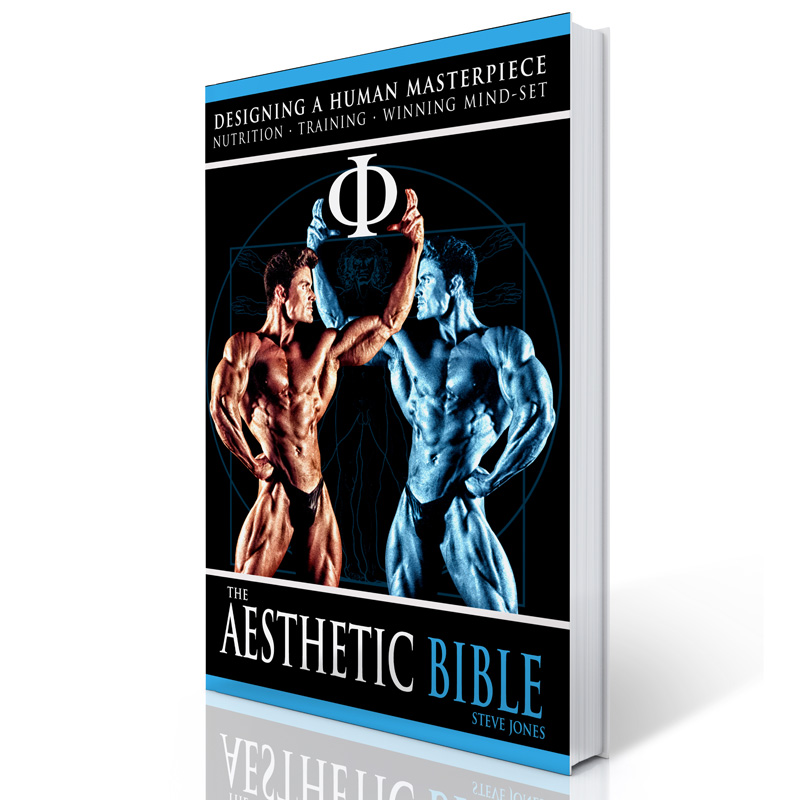


This can be accomplished by increasing caloric expenditure while reducing caloric intake. To create weight loss, more energy must be expended than consumed. As this review is intended to be an evidence-based guide and the available data relevant to natural bodybuilding is extremely limited, a narrative review style was chosen. In addition, author names and reference lists were used for further search of the selected papers for related references. Long-term human studies focusing on hypertrophy and body fat loss were preferentially selected however, acute studies and/or studies using animal models were selected in the absence of adequate long-term human studies. The publications obtained were carefully screened for studies that included healthy humans or humans in a caloric deficit. Authors performed searches for key words associated with their portion(s) of the manuscript calories and macronutrients, nutrient timing and meal frequency, dietary supplementation, psychosocial issues and “peak week” were the selected topics. Each author was assigned a portion of the manuscript to write specific to their area(s) of expertise. PubMed, MEDLINE, SPORTDiscus and CINAHL electronic databases were searched online. As a final note, this paper does not cover training recommendations for natural bodybuilding and the training methodology used will interact with and modify the effects of any nutritional approach. Ultimately, evidence-based recommendations will be made for nutrition, supplementation, and “peak week” strategies for natural bodybuilders. Dietary modifications during the last week to enhance muscle definition and fullness (peaking) and psychosocial issues will also be covered. Therefore, the purpose of this article is to review the scientific literature on topics relevant to nutrition and supplementation for bodybuilding competition preparation. Some have a strong scientific basis however, many do not. Competitors partake in numerous dietary and supplementation strategies to prepare for a contest. This is typically achieved through a decreased caloric intake, intense strength training, and increased cardiovascular exercise. Preparation for bodybuilding competition involves drastic reductions in body fat while maintaining muscle mass. In the United States, over 200 amateur natural (drug tested) bodybuilding contests occurred during 2013 and the number of contests is expected to increase in 2014. The popularity of natural bodybuilding is increasing rapidly. Finally, competitors should be aware of the increased risk of developing eating and body image disorders in aesthetic sport and therefore should have access to the appropriate mental health professionals. Thus, if carbohydrate loading is pursued it should be practiced prior to competition and its benefit assessed individually. Increasing carbohydrate intake at the end of preparation has a theoretical rationale to improve appearance, however it is understudied. The practice of dehydration and electrolyte manipulation in the final days and hours prior to competition can be dangerous, and may not improve appearance. Among popular supplements, creatine monohydrate, caffeine and beta-alanine appear to have beneficial effects relevant to contest preparation, however others do not or warrant further study. However, alterations in nutrient timing and frequency appear to have little effect on fat loss or lean mass retention. Eating three to six meals per day with a meal containing 0.4-0.5 g/kg bodyweight of protein prior and subsequent to resistance training likely maximizes any theoretical benefits of nutrient timing and frequency. Within this caloric intake, most but not all bodybuilders will respond best to consuming 2.3-3.1 g/kg of lean body mass per day of protein, 15-30% of calories from fat, and the reminder of calories from carbohydrate. Caloric intake should be set at a level that results in bodyweight losses of approximately 0.5 to 1%/wk to maximize muscle retention. This paper reviewed the scientific literature relevant to competition preparation on nutrition and supplementation, resulting in the following recommendations. The popularity of natural bodybuilding is increasing however, evidence-based recommendations for it are lacking.


 0 kommentar(er)
0 kommentar(er)
